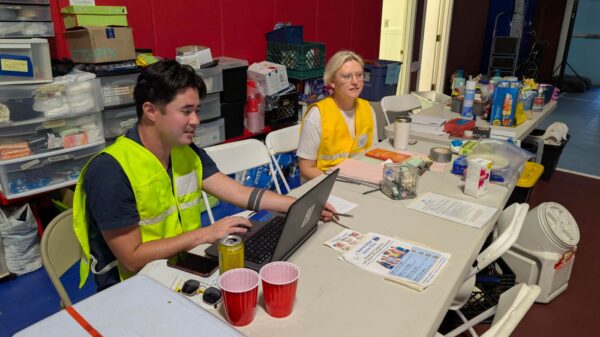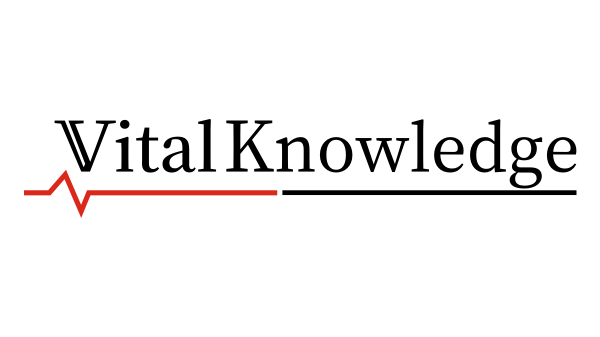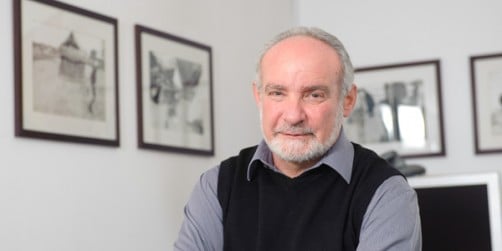A significant initiative to address the looming brain health crisis in Africa was launched with the formation of the Africa Task Force on Brain Health. This task force, established by the Davos Alzheimer’s Collaborative, aims to tackle the projected rise in dementia cases across the continent. In South Africa alone, it is estimated that over one million individuals will be living with dementia by 2050, a figure comparable to the entire population of the Eastern Cape’s Nelson Mandela Bay.
Professor Stephen Tollman, Director of the SAMRC/Wits Rural Health Transitions Unit, has joined this global effort. He emphasized the urgency of addressing brain health, stating, “Brain health runs through every stage of life and every sector of society.” The task force’s mission aligns with findings published in the esteemed journal Nature Medicine, which links brain health directly to economic resilience.
The 6×5 Plan: A Comprehensive Framework
The task force has unveiled an ambitious five-year framework known as the 6×5 plan, designed to enhance Africa’s preparedness for the increasing challenges posed by neurodegenerative diseases. The plan identifies six immediate priorities that require coordinated action across the continent.
The first priority focuses on expanding brain health advocacy and literacy, which includes combatting stigma surrounding neurological conditions. The second emphasizes the importance of positioning brain health as a catalyst for socioeconomic transformation, recognizing that cognitive resilience is crucial for productivity and innovation.
In a region where health systems are already under strain, the plan’s third priority is to leverage existing resources, including infrastructure for infectious diseases and community health workers, to facilitate dementia detection and care. Previous prevention programs addressing conditions like hypertension and diabetes are directly relevant to maintaining cognitive health.
The fourth priority aims to eliminate barriers between disparate groups and data, enabling countries to harmonize evidence and create policy based on accurate assessments of the burden of disease. The fifth highlights the potential of Africa’s mobile revolution in utilizing digital health tools and culturally adapted screening methods to reach millions at a low cost. Lastly, the sixth priority calls for sustainable funding to integrate brain health into universal health coverage and national development goals.
Research Methods and Lifelong Health
The SAMRC/Wits-Agincourt Research Unit, which has conducted health and socio-demographic surveillance for over three decades, plays a pivotal role in this initiative. The unit’s Health and Ageing in Africa: Longitudinal Studies in South Africa (HAALSI) programme is meticulously documenting how adults aged 40 and older navigate life in resource-limited settings.
Researchers have recently validated a series of cognitive assessment tests to establish norms in cognitive function, focusing on identifying risk factors such as physical diseases and social networks that may impact cognitive health. The unit’s findings suggest that brain health is influenced throughout the life course, beginning with maternal and child health and extending through education, mental well-being, and risk reduction in midlife.
As rapidly changing environments, such as the Agincourt-Bushbuckridge area, see rising rates of conditions like hypertension and diabetes, understanding their interconnectedness with dementia becomes essential. This holistic approach underscores that brain health is not solely a concern for older populations; rather, it is integral to the overall economic and social prosperity of society.
A Call for Collaborative Action
The 6×5 plan offers a practical roadmap for addressing brain health challenges over the next five years. The Davos Alzheimer’s Collaborative asserts that Africa possesses the necessary evidence, infrastructure, and partnerships to implement these strategies effectively.
With coordinated efforts, the continent can shift the narrative surrounding ageing from one of vulnerability to resilience, leading the way in innovative, community-driven approaches to brain health. Professor Tollman concludes, “Africa can realise this plan, using much of what it already has,” highlighting the potential for sustainable progress in the face of growing health challenges.








































































